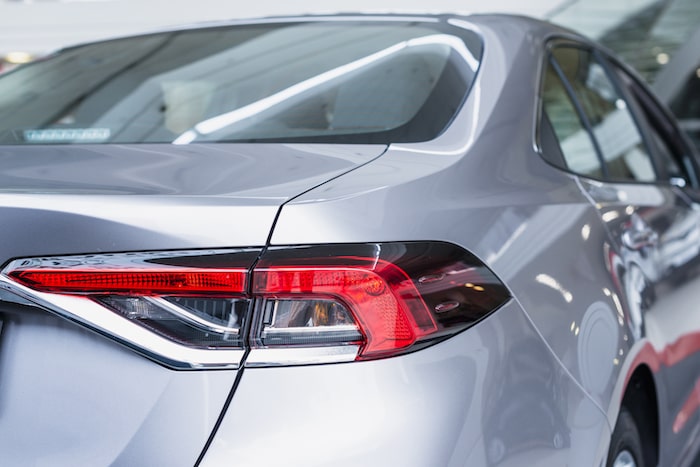When you’re choosing a car insurance policy, you probably don’t immediately think about the deductible, except in the sense that it can affect your overall rate. Most people don’t expect to have an accident, so they often make choices to minimize their insurance payment rather than considering the additional cost of a high deductible when an accident does occur.
Of course, that also means that you will be more likely to pay for smaller repairs out of pocket; why bother making a claim if the cost of the repair is actually less than your deductible, after all? Plus, you won’t risk driving your costs up in the future.
Then again, the most convenient option would be no deductible at all, right? Well, that’s where deductible waivers become important to consider.
What Is A Deductible Waiver—And Is It A Good Idea?
A collision deductible waiver, abbreviated as CDW and also referred to as a collision waiver of deductible at times, is something you can add to your policy’s collision coverage. Essentially, this waiver covers your deductible if you happen to be in an accident with an uninsured driver and your car is damaged as a result.
Under normal circumstances, repairing any damage covered by your collision coverage is subject to your deductible. Your deductible is the cost of the repair that you must pay before your insurance company chips in. This amount varies considerably from policy to policy, ranging from a few hundred dollars to a thousand dollars or more.
However, if you opt to purchase a collision waiver, your insurance company won’t require you to pay this deductible in the event of an accident with an uninsured driver. That’s right—it won’t result in any out-of-pocket costs for you at all.
What About Uninsured Motorist Property Damage?
Your insurance company might also offer something called uninsured motorist property damage, which is similar in some ways to collision deductible waivers, but distinct in others. You see, a CDW is particularly relevant if you have collision damage and an uninsured motorist causes damage to your car. However, uninsured motorist property damage comes into play if you do not have collision damage coverage.
When Does A Deductible Waiver Apply—And When Doesn’t It?
There are a number of situations in which your collision deductible waiver simply isn’t applicable, so you’ll still be on the hook for your deductible. For example:
- There’s not another driver involved. If you are in a single-car accident, perhaps due to driving into a tree, this waiver won’t apply.
- The other driver has car insurance. If this is the case, their liability insurance coverage will be used to cover the repairs.
- Your car was damaged in a hit and run accident. In most cases, this type of situation doesn’t qualify for a waiver, even though the other driver may or may not have been insured.
- You were fully or partially at fault in the accident that damaged your car. Your insurance company will investigate to determine who was at fault—you, or the uninsured driver. If you were found to be at fault, you won’t be able to waive the deductible.
Is It Worth Purchasing A CDW?
Usually, it doesn’t cost much more to add a collision deductible waiver to your coverage. In fact, adding it is usually far less than the deductible itself. Does that mean that it’s always worth it? Really, it depends. You’re gambling on whether or not you’re going to need it. If your vehicle is older and not particularly valuable, you may opt not to get collision coverage at all.

